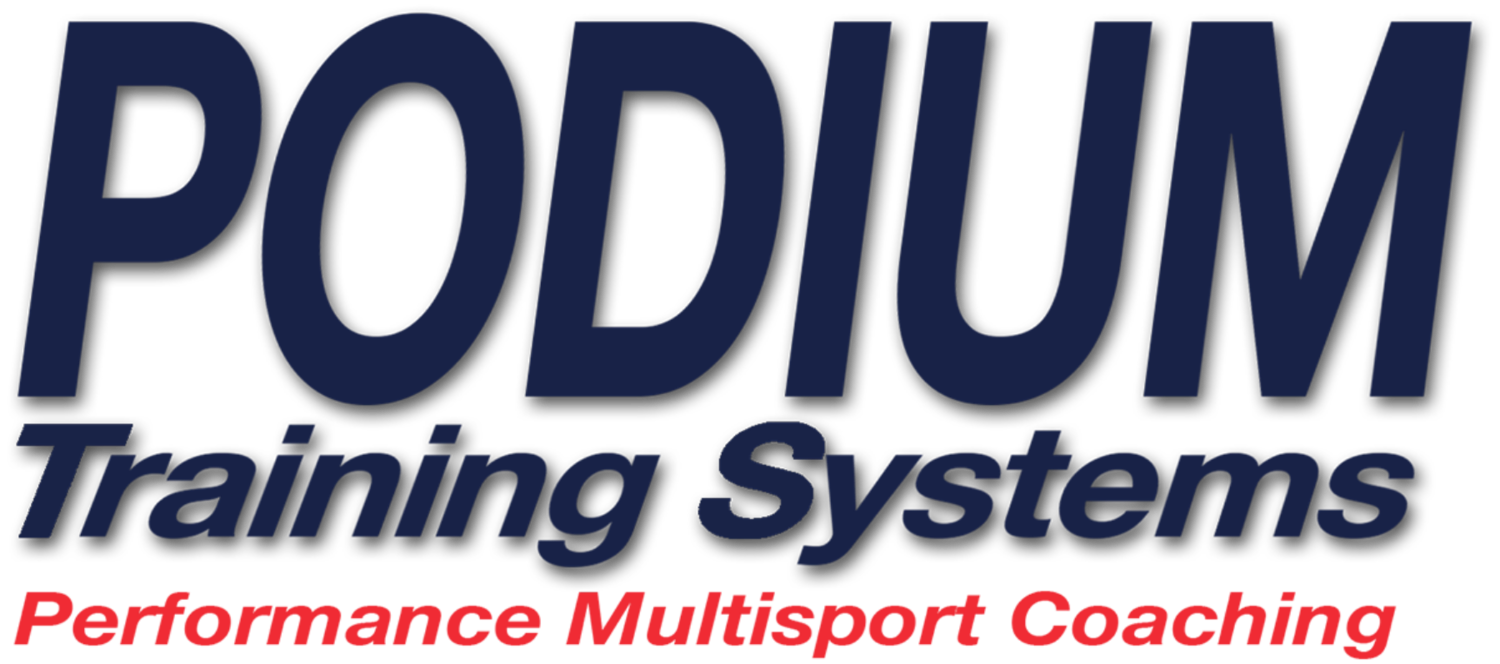Some time ago, I wrote an article about how training for a triathlon was not a diet. There's a fine line between maintaining a healthy training and racing weight and an unhealthy weight. And this topic is gender neutral. Men and women alike are equally susceptible to an unhealthy diet and nutrition plan whilst training for an endurance event.
Using myself as an example, my worst race occurred when I weighed the least. It was very early in my triathlon 'career', and I was at a goal weight which I though would help me perform better. In truth I was under-weight, as I was spurned on by all they hype around "getting lean" and "losing an extra few pounds for the next race".
More often than not athletes aren't consuming enough calories. How many calories do you need to consume? That all depends on a number of factors: Your activity and training levels, your base metabolic rate, and the type of other daily activities you have to name a few.
You need protein. You need carbohydrates. You need fats (good fats). Did I say you need carbs? Yes, you do. You can't replenish glycogen properly or create energy stores without it. You need the protein, obviously for muscle development and maintenance. And fats? Yes, you need good fats. Numerous bodily functions including cellular membrane integrity, hormone production, and vitamin absorption (vitamins A, D, E, and K are all fat-soluble).
Quinoa, berries, nuts, and greens = Protein, carbs, good fats, and quality nutrients.
You're a vegetarian, or vegan? No problem. Just make sure you get your protein in. Create a dietary plan that includes beans, some tofu, and nuts. And don't assume that just because you're vegan or vegetarian that you're going to lose weight. Anyone who tells you that isn't fully versed on nutrition, caloric intake, and how a 'diet' is supposed to work. Changing what you choose to eat doesn't change the number of calories that you require on a daily basis. It all requires planning.
And again, you shouldn't be losing weight unless you need to (based on professional analysis and / or prescription). You should eat properly during your training regimen. Consuming healthy calories in a volume that provides you the fuel and recovery nutrients that are required.

